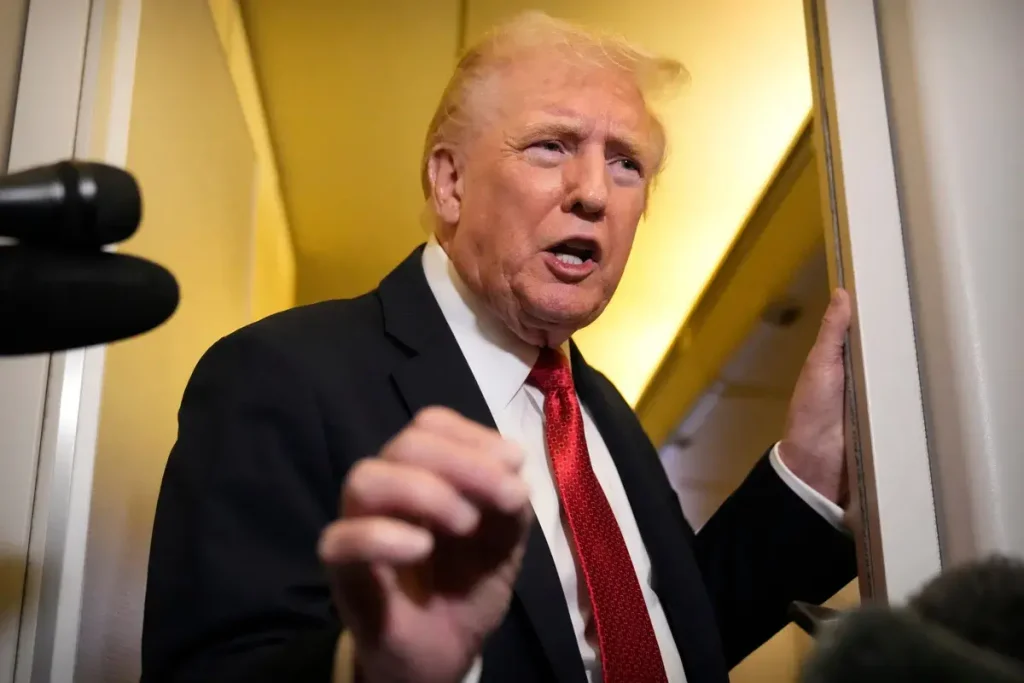Dutch Intelligence Reconsiders Sharing with the U.S. Amid Trump Administration Concerns
The Netherlands has begun to reassess its intelligence-sharing relationship with the United States, particularly regarding Russia, according to recent statements by Dutch intelligence officials. Peter Reesink, director of the Netherlands’ Military Intelligence and Security Service (MIVD), revealed in an interview with Dutch newspaper de Volkskrant that his agency now “carefully weighs” what information to share with American counterparts. This recalibration comes as European allies adjust to the return of President Trump to the White House and his administration’s approach to international relations. Reesink acknowledged that in some cases, Dutch intelligence officials “simply no longer share certain things” with their American counterparts, marking a significant shift in what has historically been a close partnership between NATO allies.
The changes reflect growing concerns among European intelligence communities about the Trump administration’s stance toward Russia and its reliability as an intelligence partner. Trump’s previous term included controversial moments, such as a 2017 incident where he reportedly shared highly classified information with Russian officials during a White House meeting. According to anonymous U.S. officials at the time, Trump revealed more sensitive information to Russian representatives than had been shared with American allies. Though Trump’s then-national security adviser H.R. McMaster disputed this account initially, he later suggested that Russian President Vladimir Putin was “playing” Trump. These historical incidents have created lingering doubts among intelligence professionals about how sensitive information might be handled in the current administration.
Erik Akerboom, who heads the Netherlands’ domestic intelligence service AIVD, expressed similar concerns about what he termed the “politicization” of intelligence networks. He emphasized that Dutch officials now approach information sharing on a “case-by-case basis,” carefully evaluating whether specific intelligence can be safely shared. This cautious approach represents a significant departure from the traditionally open intelligence-sharing relationships between Western allies, particularly within NATO. The recalibration comes at a time when European nations are also grappling with their security dependence on the United States, as many have allowed their military spending to lapse while relying heavily on American defense capabilities – an arrangement the Trump administration has frequently criticized.
Further complicating matters is the recent turnover in American intelligence leadership. The dismissal of high-ranking officials like Timothy Haugh, former head of the National Security Agency and U.S. Cyber Command, and NSA deputy chief Wendy Noble has raised additional concerns about political interference in intelligence operations. These dismissals occurred after President Trump met with far-right activist Laura Loomer, who claimed on social media that the officials were removed for being “disloyal to President Trump.” Haugh has since publicly refuted this characterization, stating he was “absolutely not” disloyal and had always prioritized national security. These developments have heightened anxieties about the independence and professionalism of U.S. intelligence agencies under the current administration.
Despite these concerns, Dutch intelligence officials have not completely abandoned their relationship with American counterparts. Reesink noted that Dutch representatives had visited both the CIA and NSA in recent months and left those meetings feeling “reassured” about the state of bilateral cooperation. This suggests that working-level relationships between intelligence professionals remain functional, even as policy-level concerns have prompted greater caution in information sharing. The situation illustrates the complex balancing act allied intelligence services must perform – maintaining necessary cooperation while protecting their own sources and methods when political uncertainties arise.
The shifting intelligence relationship between the Netherlands and the United States reflects broader tensions in the transatlantic alliance under the Trump administration. As European nations watch the White House establish fresh dialogue with the Kremlin while expressing frustration with NATO allies’ defense spending, they find themselves navigating a more uncertain security landscape. The selective approach to intelligence sharing adopted by the Dutch signals a new era of caution in international intelligence cooperation, where trust can no longer be taken for granted and each piece of shared information requires careful evaluation of potential risks. While the core alliance remains intact, these developments suggest a more guarded and conditional approach to information sharing that may persist as long as concerns about the politicization of intelligence continue.


